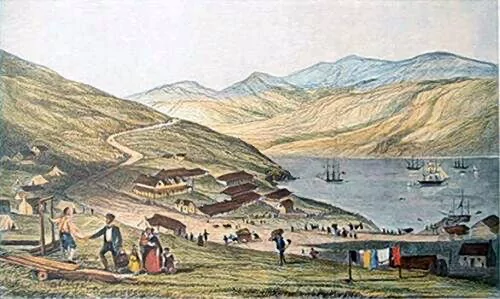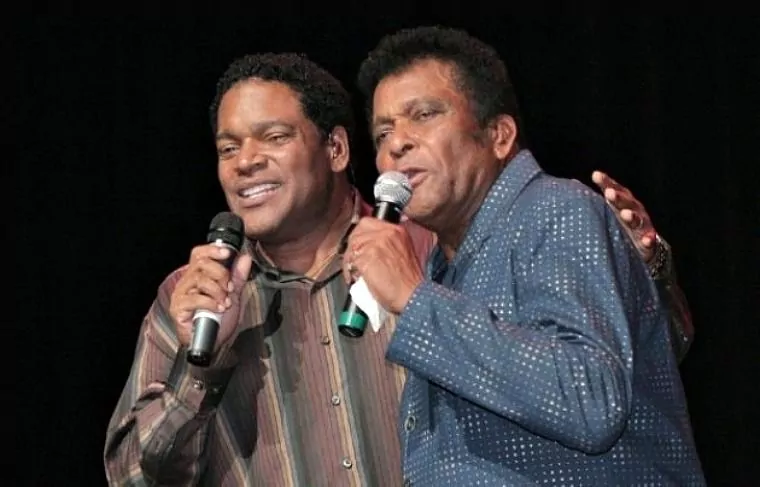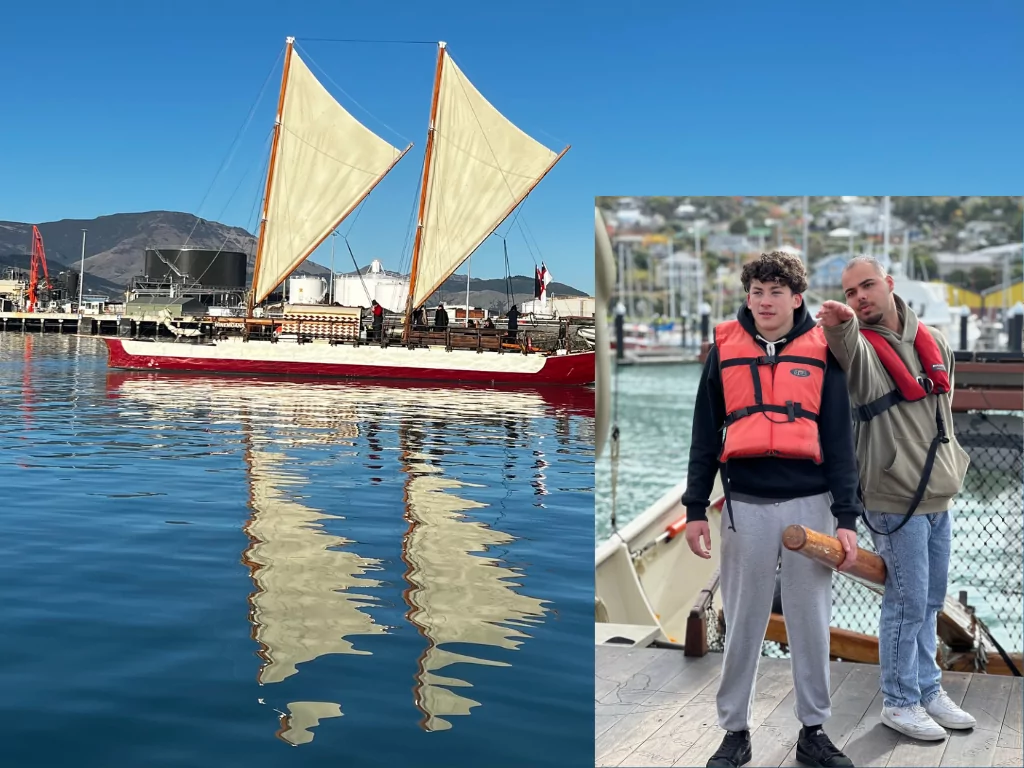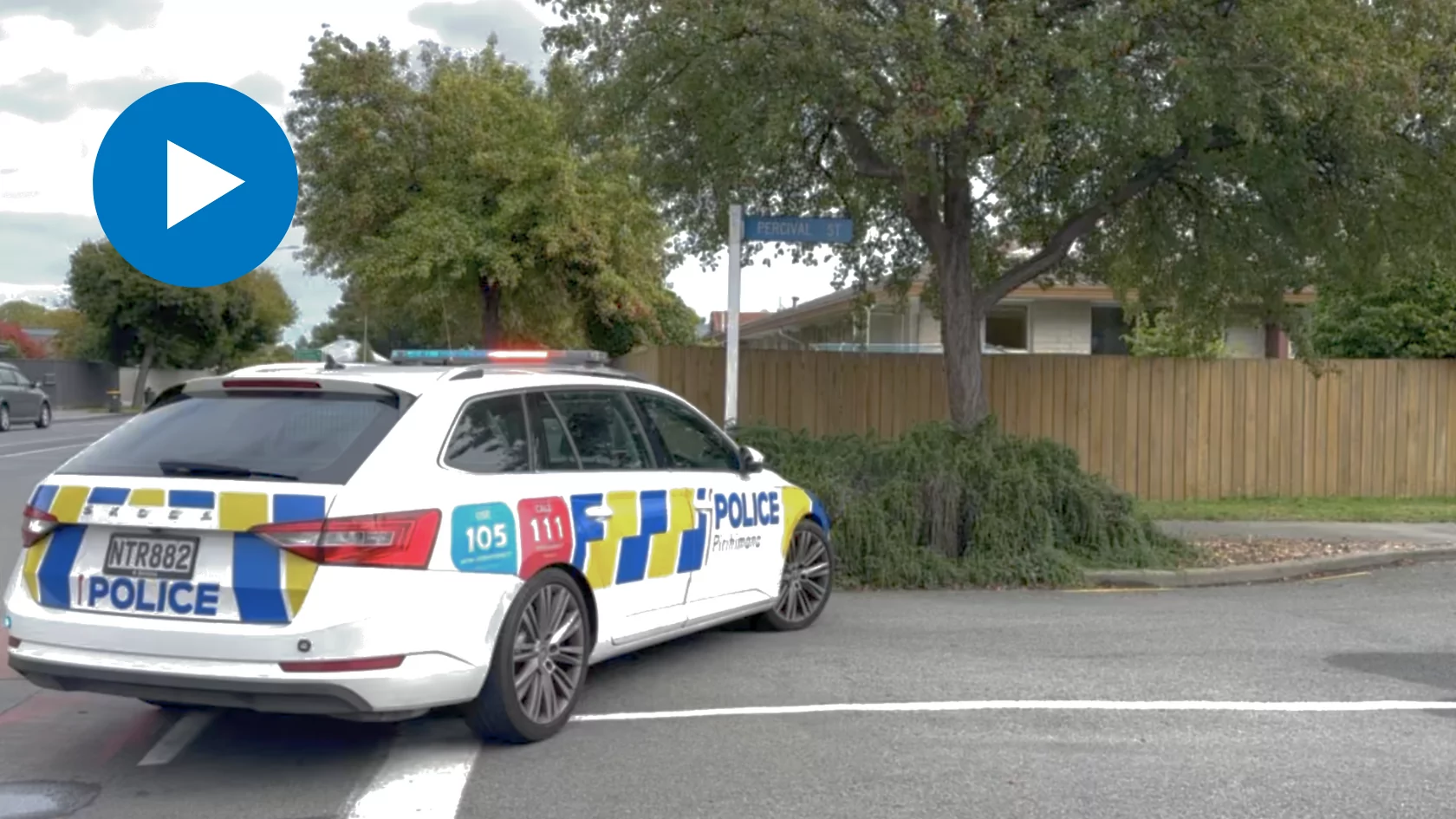updated: Attribution provided in paragraph 17
Christchurch City Council will not provide funding or formal support for Canterbury’s 175th anniversary celebrations, citing a shift toward more inclusive and balanced historical narratives and the historical harm of colonisation.
The decision marks a departure from previous anniversary milestones, including the 150th anniversary in 2000, which the council actively supported and funded.
Instead, the council has offered organisers only a logo for use in fundraising and promotional material.
A Council spokesperson said staff had just one formal meeting with members of the anniversary steering committee, held on 12 September 2024.
When asked whether funding and support were still under consideration, the spokesperson was clear: “No.”
“We have shifted towards more inclusive and balanced historical narratives since the 150th anniversary in 2000, which has greater recognition of Māori perspectives and the historical harm of colonisation,” the Council said.
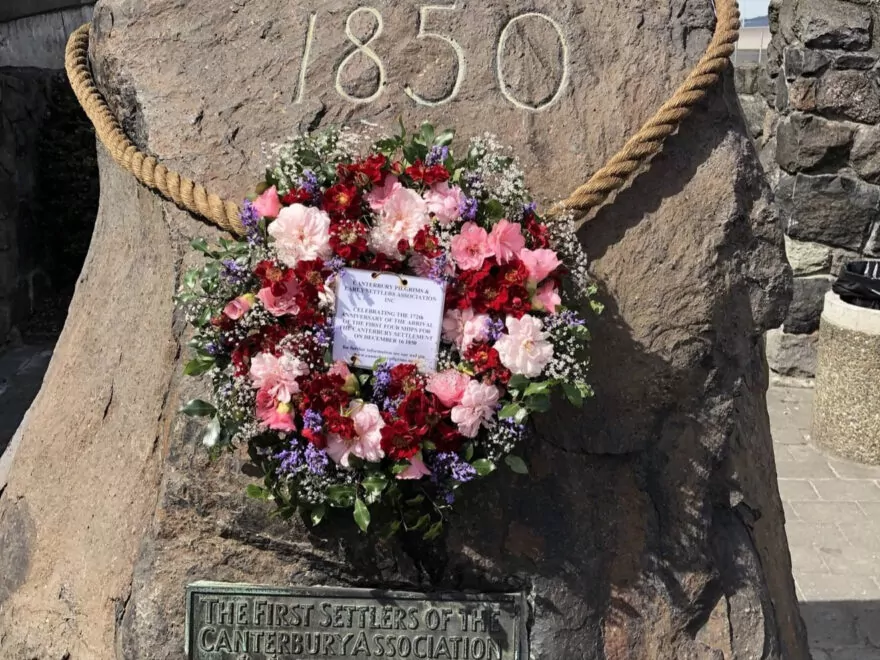
This plaque is located at Pilgrims’ Rock in Lyttelton, New Zealand. It marks the landing site of the Canterbury Pilgrims, the first settlers who arrived in December 1850 as part of the Canterbury Association’s planned settlement.
Despite Canterbury’s historical significance, including the arrival of the First Four Ships in 1850 and the founding of Christchurch as New Zealand’s first planned city, the Council made it clear there was no plan to fund the anniversary.
The Council also confirmed that Ngāi Tūāhuriri—the local rūnanga—had verbally indicated they were not interested in participating in the event.
“Ngāi Tahu was not consulted as this is a papatipu matter. We also had verbal discussions with leaders from the other five papatipu, and they were not interested in taking part in these celebrations,” the spokesperson said.
When asked whether the Council would support anniversary events without Ngāi Tahu’s involvement and approval, the answer was a firm “No.”
The Canterbury Pilgrims and Early Settlers Association has described the 175th anniversary as a “significant milestone for the Canterbury region in New Zealand,” commemorating the arrival of the first European settlers in December 1850.
Linda McFarlane from the Canterbury Pilgrims & Early Settlers Association said “We are delighted to see that a public poll has come out in favour of celebrating Canterbury’s 175th anniversary, despite Christchurch City Council’s comment that they were not intending to support a Canterbury celebration.
“In 2000, Canterbury celebrated 150 years since its foundation on 16 December 1850, with Council-supported events marking the occasion. Many Cantabrians participated. In another 25 years, many will not be around to celebrate the 200th anniversary, so it is essential, in our 175th year, that we gather our communities together to reflect and remember our early beginnings.
“It was not a surprise to see the public poll resulted in favour of Council-funded planned events, as many independent community groups had expressed intentions to mark the 175th anniversary of Canterbury, and we have had many inquiries as to what activities were planned.
“It was encouraging to read the comments from Dr Te Maire Tau, Ngāi Tūāhuriri Rūnanga elder, who was quoted in The Star as saying:
“The 175th anniversary of the arrival of the Canterbury Pilgrims is an event that shaped our lives. It is a historical event that we need to acknowledge and reflect upon. We have come too far in our history to engage in anti-colonial rhetoric.”
McFarlane said “We were surprised to read that CCC and Ngāi Tahu Rūnanga declared they would not support any large-scale celebrations, and we urge them to reconsider.
“Canterbury Pilgrims & Early Settlers would like to see all of Canterbury’s residents given the chance to celebrate and learn the story of Canterbury’s foundation, and the collaboration between Māori and European settlers to create the barracks in Lyttelton and the Bridle Path to Christchurch before the settlers arrived” McFarlane said.
“We would love to see schoolchildren follow the ocean journeys, track the sailing ship routes, learn about the benefits and costs to both settler families and Māori in the development of Canterbury, and reflect on their own ancestral journey.
For those passionate about Canterbury history, there are many great sources of information online and in libraries. Celebrate with a group or reflect as a family. Ferrymead Historic Park is planning events, and we have several events we hope will proceed, including assisting Ferrymead with a Bridle Path Walk, bringing tall ships to Lyttelton, and holding a city-wide garden party.
Communities are set to celebrate in their own way, but wouldn’t it be better to have CCC and Ngāi Tahu support, with plenty of events to participate in and schoolchildren learning and speaking about Canterbury’s early foundation and the events surrounding it.”
According to its website, Canterbury Pilgrims & Early Settlers said “These settlers were part of a planned settlement by the Canterbury Association, which aimed to create a model Anglican society in New Zealand.”
The association detailed the challenges settlers faced upon arrival, including harsh weather, unfamiliar terrain, and the need to quickly build homes, roads, and public buildings.
Lyttelton served as the landing point before settlers moved inland to establish Christchurch.
The group also emphasised that the celebration is not just about the First Four Ships but “a celebration of all settlers and ships that arrived before 1876.”
“The settlers played a crucial role in shaping the development and culture of the Canterbury region,” the association said, adding that their arrival laid the foundation for Christchurch and the wider Canterbury region.
The website highlighted “the early difficulties settlers endured, including constructing shelter, forming a functioning economy, and overcoming geographic isolation. Despite these hardships, the settlers helped build Christchurch into New Zealand’s first planned city, with structured urban development, an education system, and strong Anglican influence.
“The settlers were greeted by a small group of earlier arrivals and local Māori. The initial reception included setting up temporary shelters and beginning the establishment of the settlement,” the association said.
“The early years involved building roads, homes, and public buildings, as well as establishing farms and businesses.”
